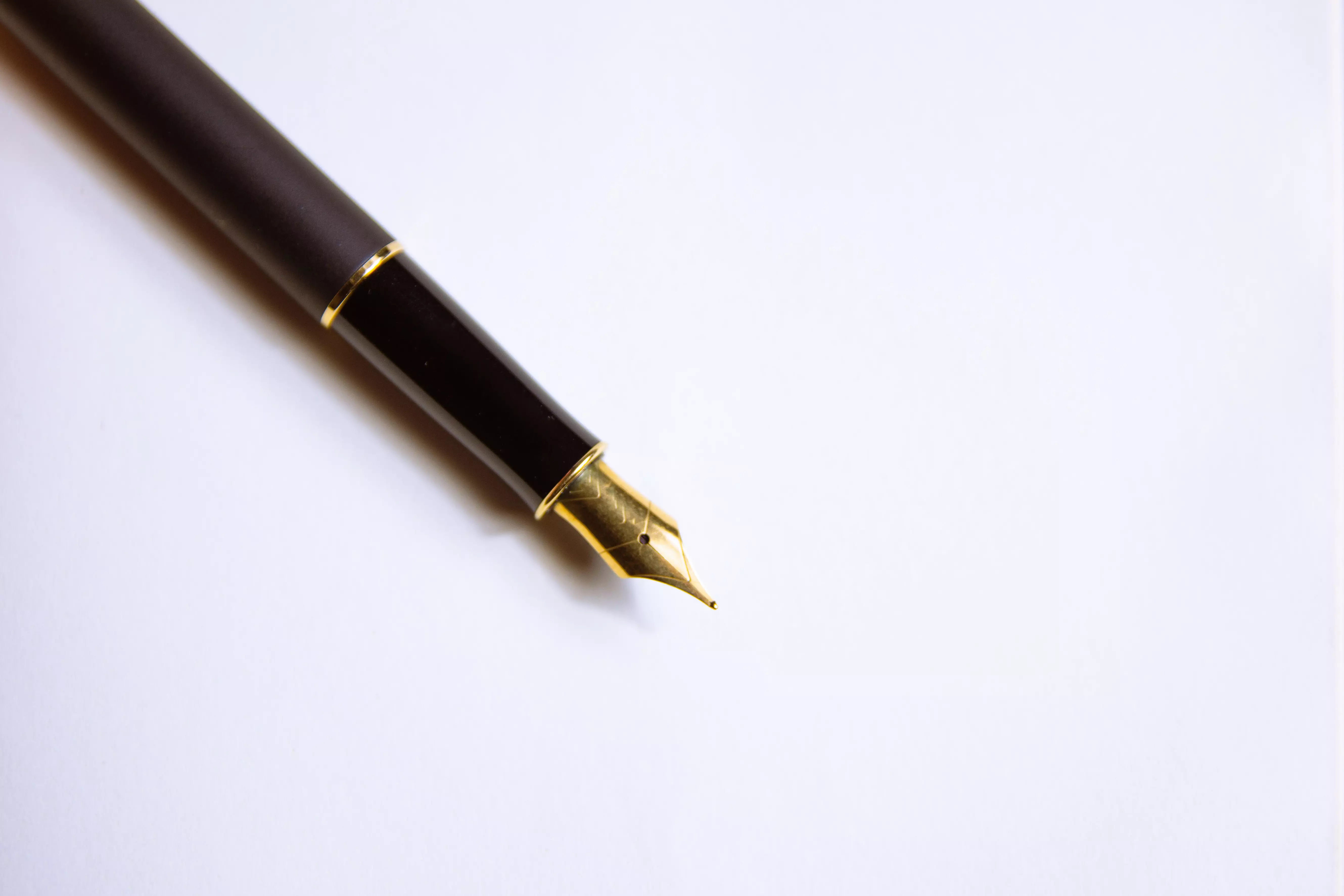Scientific and technical article how to improve writing skills
Scientific and technical writing skills are extremely valuable in today's society, where science and technology play a key role in development. Experts in various fields, such as computer scientists, scientists, engineers or doctors, often need to communicate through scientific articles, reports and presentations. In this article, you will learn how to develop the ability to write such publications in order to gain recognition in your research or professional field.
Why should you improve your ability to write scientific and technical publications?
Writing scientific and technical publications has a number of benefits. First, it is an ideal way to share your discovery, research or knowledge with other experts in your field. Scientific publications are widely recognized as reliable sources of information and can contribute to the advancement of science and technology.
In addition, writing scientific and technical publications can bring numerous personal benefits. Publishing your work can initiate new contacts and collaborations with other researchers, as well as increase your chances of advancement in your academic or professional career. Effective written communication is also a quality that is highly valued by potential employers and clients.

Stages of writing scientific and technical publications
Writing scientific and technical publications can be divided into several stages that facilitate the creative process and make the text readable and understandable:
1. Planning: At this stage it is worth defining the purpose of the publication, determining its structure and collecting the necessary source materials. It is also worth preparing a list of important keywords that will be relevant to the content of the article.
2. Analysis: Before starting to write, it is worthwhile to carefully analyze the collected source materials and identify the most important information that we want to convey in our article. Let's choose the ones that are most relevant and add value for the reader.
3. Writing: once we have a clarified plan and analysis, we can proceed with the writing itself. It is important to write in a clear way that the reader can understand. Avoid complicated terms and expressions if they are not necessary, but also do not omit important details that can contribute to a better understanding of the topic.
4. Editing: after writing the first version, it is worth reviewing and editing the entire text. Let's check that the structure is logical and the content is clear and understandable. Let's correct any grammatical and spelling errors. We can also ask other experts for additional comments and suggestions.
5. Formatting: when the text is ready, it is worth taking care of its nice formatting. Introducing appropriate headings, paragraphs and highlighting will allow the reader to find the content more easily. It is also important to adapt the formatting to the guidelines of the publisher or scientific journal to which we intend to submit our publication.
Important tips for improving your scientific and technical publication writing skills
1. Read a lot: the more you read, the better you understand different writing styles and techniques. Read the works of other scientists and experts in your field to learn their best practices.
2. Practice regularly: Writing skills grow with regular practice. Try to write every day, even if the content is not related to your research. This will allow you to develop writing fluency and experiment with different techniques.
3. Use writing tools and apps: Today's writing tools, such as WordPress, offer many features to make creating and formatting text easier. Use these tools to streamline your writing process and save time.
4. Find your mentor: Seeking out a mentor to help you improve your writing skills can be invaluable. Choose someone who is experienced in writing scholarly publications and explore their knowledge and experience.
5. Don't forget about editing: Editing is an integral part of writing scientific publications. After writing the first draft, take the time to carefully check the text, correct errors and improve the content.
Writing scientific and technical publications takes time and effort, but with perfecting this skill you can become a respected expert in your field. Remember that practice makes perfect, so constantly practice and expand your writing skills. Good luck!
Comments
Copyright © 2025 Gia Miller- journalist, content writer All Rights Reserved.